The Twitter Book
"Media organizations should take note of Twitter's power to quickly reach their target consumers." --Tim O'Reilly (@timoreilly), in a Los Angeles Times interview, March 2009 This practical guide will teach you everything you need to know to quickly become a Twitter power user. It includes information on the latest third party applications, strategies and tactics for using Twitter's 140-character messages as a serious--and effective--way to boost your business, as well as how to turn Twitter into your personal newspaper, tracking breaking news and learning what matters to you and your friends. Co-written by Tim O'Reilly and Sarah Milstein, widely followed and highly respected twitterers, the practical information in The Twitter Book is presented in an innovative, visually rich format that's packed with clear explanations and examples of best practices that show Twitter in action, as demonstrated by the work of over 60 twitterers. This book will help you: Use Twitter to connect with colleagues, customers, family, and friends Stand out on Twitter Avoid common Twitter gaffes and pitfalls Build a critical professional communications channel with Twitter--and use the best third-party tools that help you manage it. If you want to know how to use Twitter like a pro, The Twitter Book will quickly get you up to speed. About the authors: Tim O Reilly (@timoreilly), founder and CEO of O Reilly Media, has hundreds of thousands of followers on Twitter. Sarah Milstein (@SarahM) frequently writes, speaks and teaches about Twitter; she was the 21st user of Twitter.
- ISBN 13 : 0596555822
- ISBN 10 : 9780596555825
- Judul : The Twitter Book
- Pengarang : Tim O'Reilly, Sarah Milstein,
- Kategori : Computers
- Penerbit : "O'Reilly Media, Inc."
- Bahasa : en
- Tahun : 2009
- Halaman : 240
- Halaman : 240
- Google Book : http://books.google.co.id/books?id=kHRvB9pp1RwC&dq=inpublisher:O'Reilly&hl=&source=gbs_api
-
Ketersediaan :
This book will help you: Use Twitter to connect with colleagues, customers, family, and friends Stand out on Twitter Avoid common Twitter gaffes and pitfalls Build a critical professional communications channel with Twitter--and use the ...

